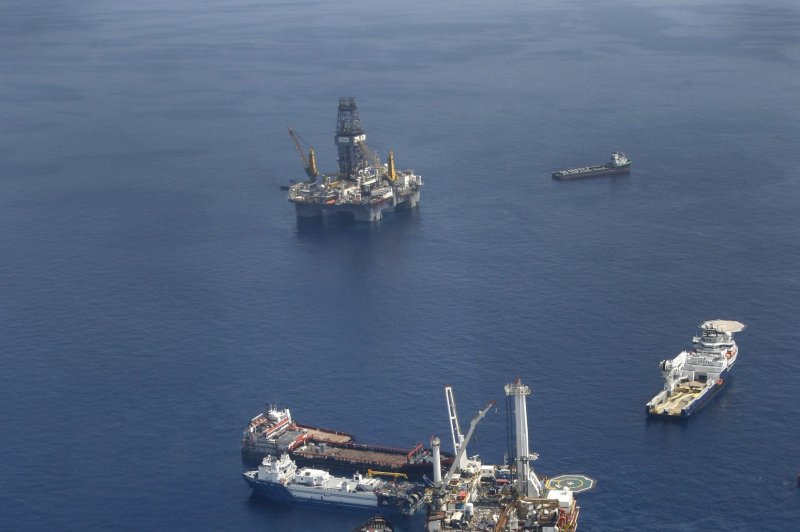By Niazi Kabalan, Pinsent Masons – Financial Times
After a three year hiatus, Lebanon has approved two crucial decrees
required to relaunch the country’s first offshore energy licensing
round. The Lebanese authorities are preparing a road map to resume a
stalled plan to allow global oil companies to explore for hydrocarbons
in the eastern Mediterranean country. The hotly anticipated licence round signals a new era for Lebanese
oil and gas which has been thwarted by delays after a political
stalemate put the brakes on a planned launch in 2013, despite the
licensing round having attracted super majors and oil companies from
around the globe.
While news of the refreshed tender process is turning the heads of
the global oil industry, the mood music is one of cautious optimism as
companies demand the promise of a stable and fiscally attractive
petroleum regime before signing on the dotted line. Indeed, oil price
fluctuations mean investment decisions are not made lightly; with new
licensing rounds planned elsewhere in the region, such as in Cyprus,
Oman, Iran and Iraq, Lebanon must act fast to compete for investment.
With offshore oil reserves estimated to be anywhere between 440m and
675m barrels, and possibly as much as 96tn cubic feet (tcf) of offshore
natural gas reserves, potentially worth a combined $300bn-$600bn,
Lebanon has a lot to offer global oil companies. Rival countries across
the eastern Mediterranean have proved that this region offers lucrative
oil and gas reserves making its complex and costly deep water geology
well worth the investment.
Last year Italian oil major Eni announced record-breaking production
rates at its Nooros field off the coast of Egypt just 13 months after
its discovery. Together with the discovery of Eni’s “super-giant” Zohr
field in Egypt, and Total’s announcement of nearby drilling off the
coast of Cyprus, interest has been renewed in the eastern Mediterranean
basin. This undoubtedly has reinvigorated Lebanon’s hopes of becoming an
oil and gas producer.
But while Lebanon generally offers a favourable environment for
foreign investors with appealing low corporation tax and
investor-friendly business regulations, the regulatory landscape is not
quite ready to open its doors to global oil players.










